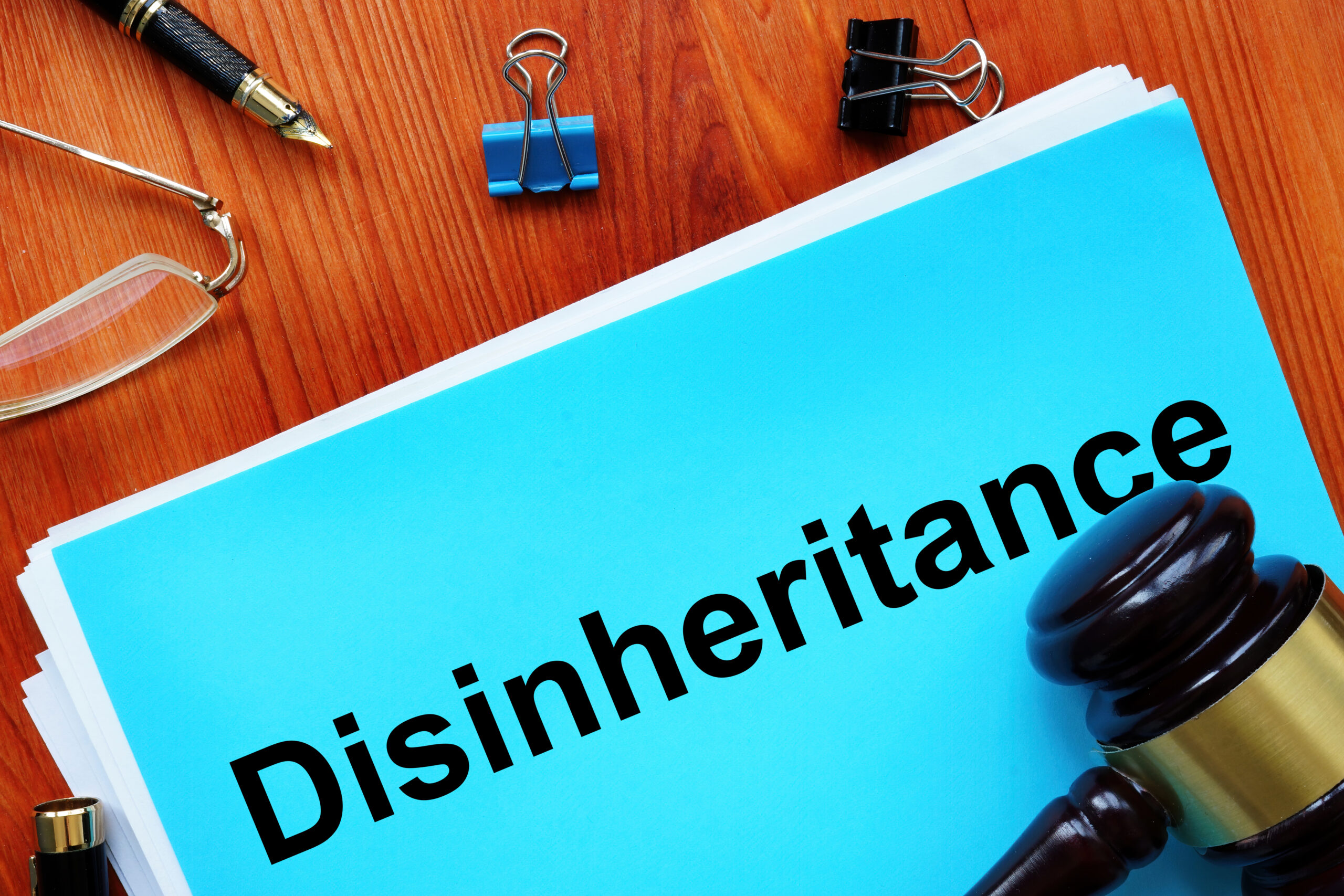
Joint Trusts vs. Separate Trusts for Couples
During a recent estate planing consultation, I was asked by clients about the reasons why couples would need individual separate trusts vs. just having one joint trust. For most couples, whether married or not, a joint trust is sufficient, however, depending upon family and financial circumstances, separate trusts may be





